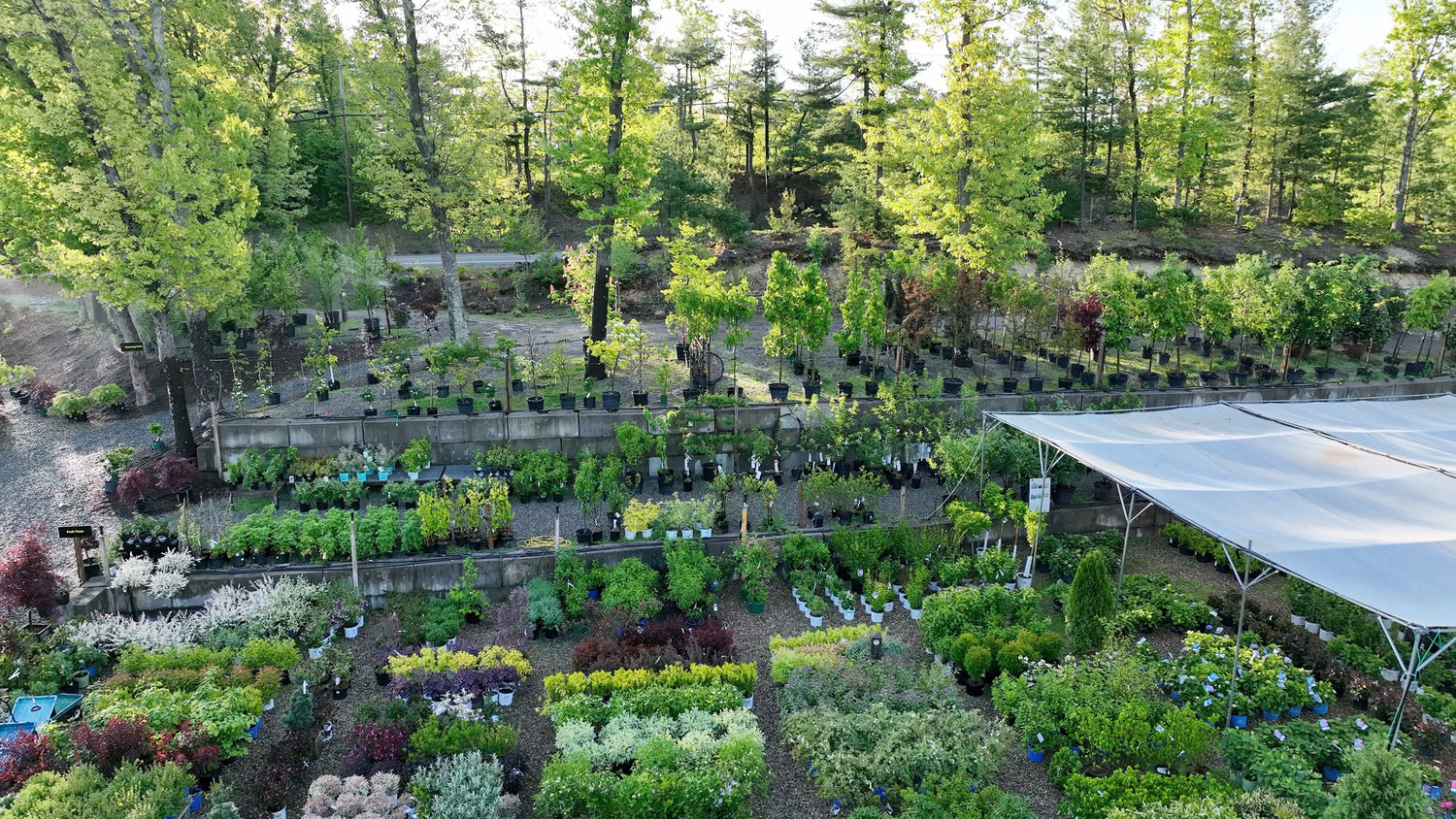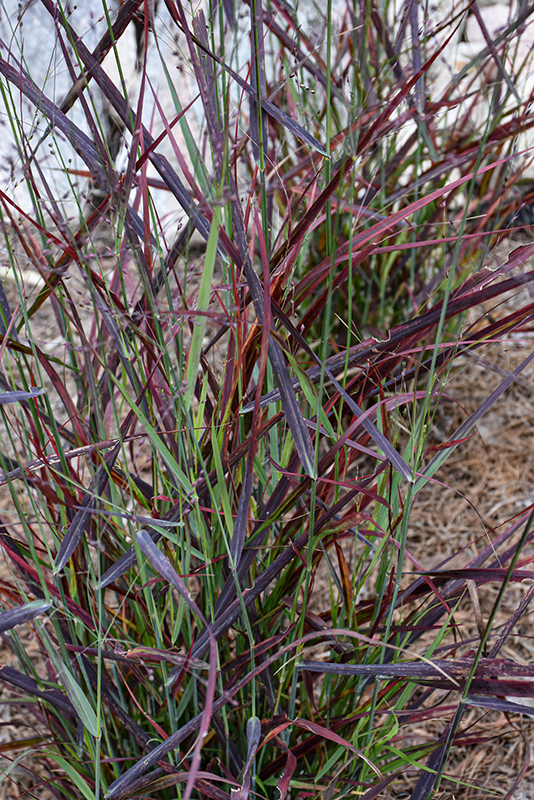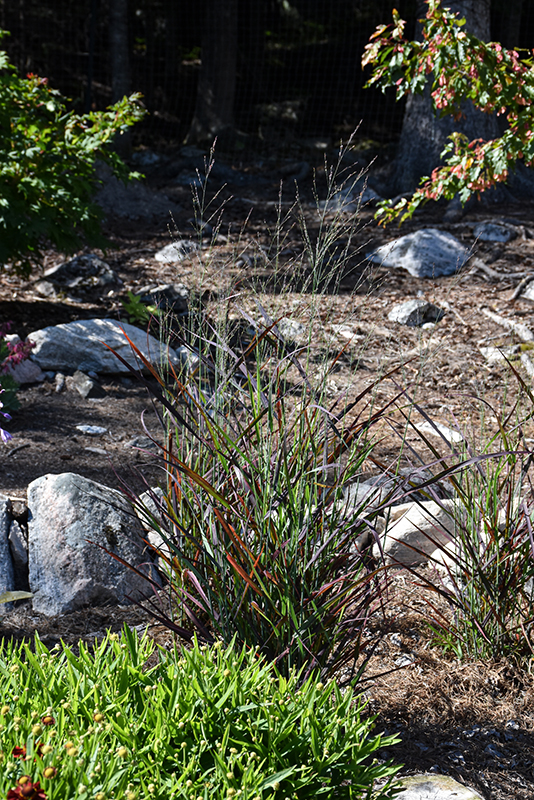Plant Guide
Hot Rod Switch Grass
Panicum virgatum 'Hot Rod'
Height: 4 feet
Spread: 3 feet
Sunlight:
![]()
![]()
Hardiness Zone: 3b
Brand: Monrovia
Description:
This sturdy selection forms a neat, vertical clump of striking blue-green foliage that is tinged with red in summer, then turns rich burgundy red in the fall; red plumes appear in late summer; perfect as a landscape accent, or along borders
Ornamental Features
Hot Rod Switch Grass features airy plumes of red flowers with pink overtones rising above the foliage from mid to late summer. Its attractive grassy leaves are bluish-green in color with showy dark red variegation and tinges of coppery-bronze. As an added bonus, the foliage turns gorgeous shades of burgundy and in the fall. The dark red seed heads are carried on showy plumes displayed in abundance from early fall to mid winter.
Landscape Attributes
Hot Rod Switch Grass is an herbaceous perennial grass with an upright spreading habit of growth. Its relatively fine texture sets it apart from other garden plants with less refined foliage.
This is a relatively low maintenance plant, and is best cut back to the ground in late winter before active growth resumes. It has no significant negative characteristics.
Hot Rod Switch Grass is recommended for the following landscape applications;
- Accent
- Mass Planting
- General Garden Use
Planting & Growing
Hot Rod Switch Grass will grow to be about 4 feet tall at maturity, with a spread of 3 feet. It tends to be leggy, with a typical clearance of 1 foot from the ground, and should be underplanted with lower-growing perennials. It grows at a medium rate, and under ideal conditions can be expected to live for approximately 15 years. As an herbaceous perennial, this plant will usually die back to the crown each winter, and will regrow from the base each spring. Be careful not to disturb the crown in late winter when it may not be readily seen!
This plant does best in full sun to partial shade. It is very adaptable to both dry and moist locations, and should do just fine under typical garden conditions. It is considered to be drought-tolerant, and thus makes an ideal choice for a low-water garden or xeriscape application. It is not particular as to soil type, but has a definite preference for alkaline soils, and is able to handle environmental salt. It is somewhat tolerant of urban pollution. This is a selection of a native North American species. It can be propagated by division; however, as a cultivated variety, be aware that it may be subject to certain restrictions or prohibitions on propagation.




